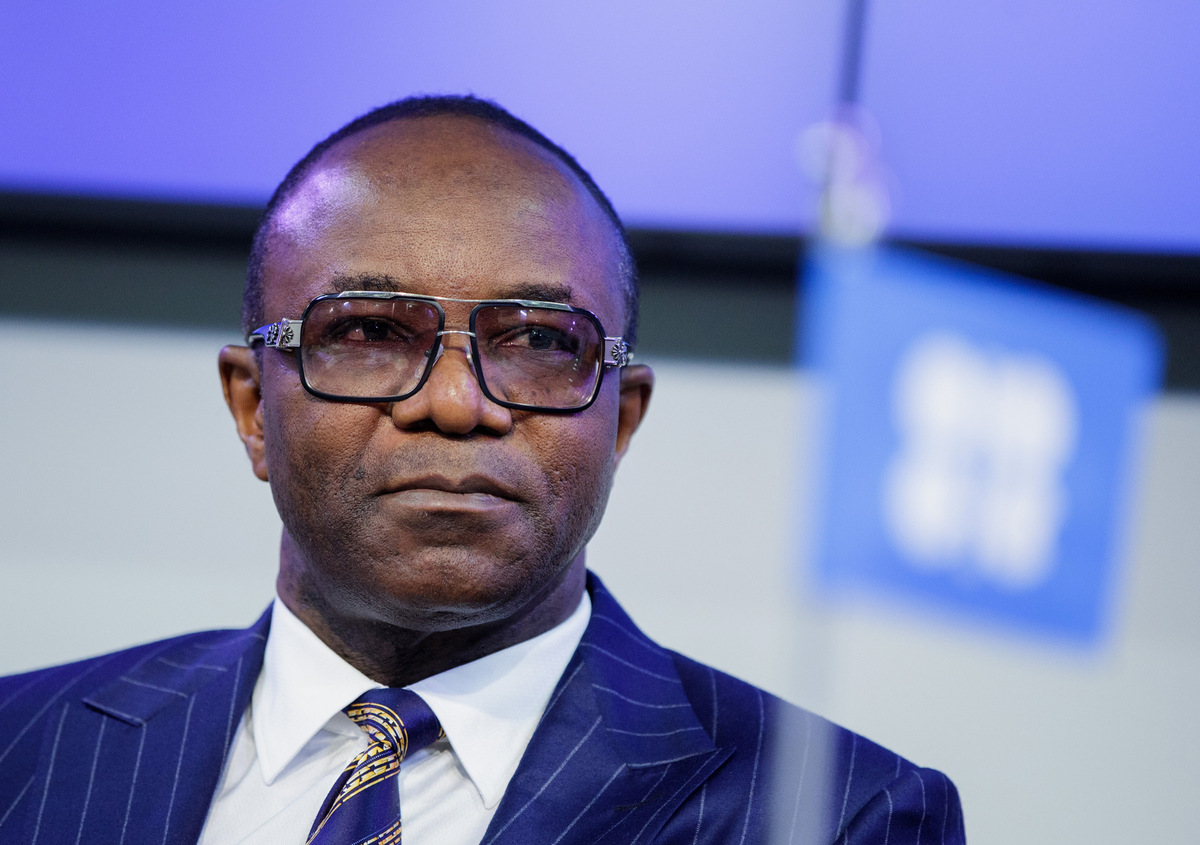- FG Considers Further Review of Petrol Pricing Template
The Federal Government has said it would further review its pricing template for petrol with the aim of removing several multi-layered charges and costs that affect the pump price of petrol at service stations across the country.
The government also said it would continue to work with the Central Bank of Nigeria (CBN) to find ways of providing subsidised foreign exchange interventions for oil marketers in the country.
The Minister of State for Petroleum Resources, Dr. Ibe Kachikwu, stated this saturday in a podcast he shared in his social media accounts. The podcast obtained was centred on the challenges of the country’s downstream petroleum sector and the government’s plans to overcome them.
Kachikwu stated in the podcast that, at the moment, the Nigerian National Petroleum Corporation (NNPC) was importing almost all the petrol used in the country, a responsibility he stated the corporation was undertaking at a huge cost.
According to him, marketers in the country were no longer importing petroleum products because of the unfavourable business fundamentals which had been influenced by the rising prices of crude oil.
“Downstream continues to be an area that has numerous challenges, that is why throwing ideas on them will continue to be something that any minister or chief executive of NNPC will continue to focus on,” said Kachikwu.
He further stated: “The environment has since changed, when we did all these, pricing for crude was more in the $25 to $30 per barrel, today it is in excess of $54, which is fantastic because it means that our revenue stream is improving.
“But, it is a twin window, whenever the price of crude goes up, obviously the price of refined petrol goes up and we begin to have systemic challenge in terms of the pricing on the local base, so that gap has begun to return and today what you find is that the NNPC continues to import massively on behalf of the Federal Government. It has gone back to about 90-95 per cent for the whole country and therefore its books are absorbing some of the cost implications of this.”
According to him: “The second is that once this happens the marketers begin to shift backwards, participation by individual marketers to help us continue the normal business and marketing cycle that should be what you expect is no longer existing. Most of them are not importing.”
Speaking on plans to stem the development, Kachikwu stated: “One of the things we are doing is that we are looking at our existing templating position, and what we are doing with that is first addressing some of the soft end of things that affect pricing.
“We are removing too many multi-layered charges on importation, we are working with the ministry of transport to reduce those to what was initially approve by the president, and as such, we should take away a good chunk of the expenses. We are working to see how the CBN can provide us with a fairly subsidised FX for products priced in dollars.”
Though he did not expressly disclose this, the minister however, hinted that the government might begin to wind down the operations of the Petroleum Equalisation Fund (PEF) and transfer its bridging responsibilities to oil marketers.
According to him, “We are trying to see how over a period of time, marketers will take over the PEF responsibilities of funding trucking and keeping prices stable across the country.”
He said in the long run, the NNPC would have to reduce its presence in the country’s petroleum downstream sector because of the cost on its books. The corporation, he noted, would have to begin to operate as a profit entity.
Speaking on product availability in the country, Kachikwu assured that, “There isn’t fuel scarcity, we are not short of products, but yet the downstream and midstream sectors continue to remain challenged. And what we are going to do is to analyse what we have done so far and begin to throw solutions to some of these challenges.”
He also explained that since the introduction of pricing modulation, the country has been able to drop its daily products consumption from about 50 million litres to 37 million litres.
“We had issues of pricing efficiency and governance, for at that time the prices we were selling at were so ridiculously below what the sustainable prices are. And you find a situation where basically marketers disappeared from the industry. So, we had massive shortages, queues and everything seem to be breaking down. We’ve since come out from that.
“First we’ve moved from a fully subsidy-based sector to a partially liberalised sector. I say partially because we haven’t quite achieved the template to have a fully liberalised sector. What that has done for us is that it had reduced consumption from 50 million litres to 37 million litres a day,” he stated.

 Forex2 weeks ago
Forex2 weeks ago


 Naira2 weeks ago
Naira2 weeks ago
 Naira4 weeks ago
Naira4 weeks ago
 Company News4 weeks ago
Company News4 weeks ago
 Billionaire Watch1 week ago
Billionaire Watch1 week ago




 Naira2 weeks ago
Naira2 weeks ago




 Naira4 weeks ago
Naira4 weeks ago




 Naira1 week ago
Naira1 week ago






















